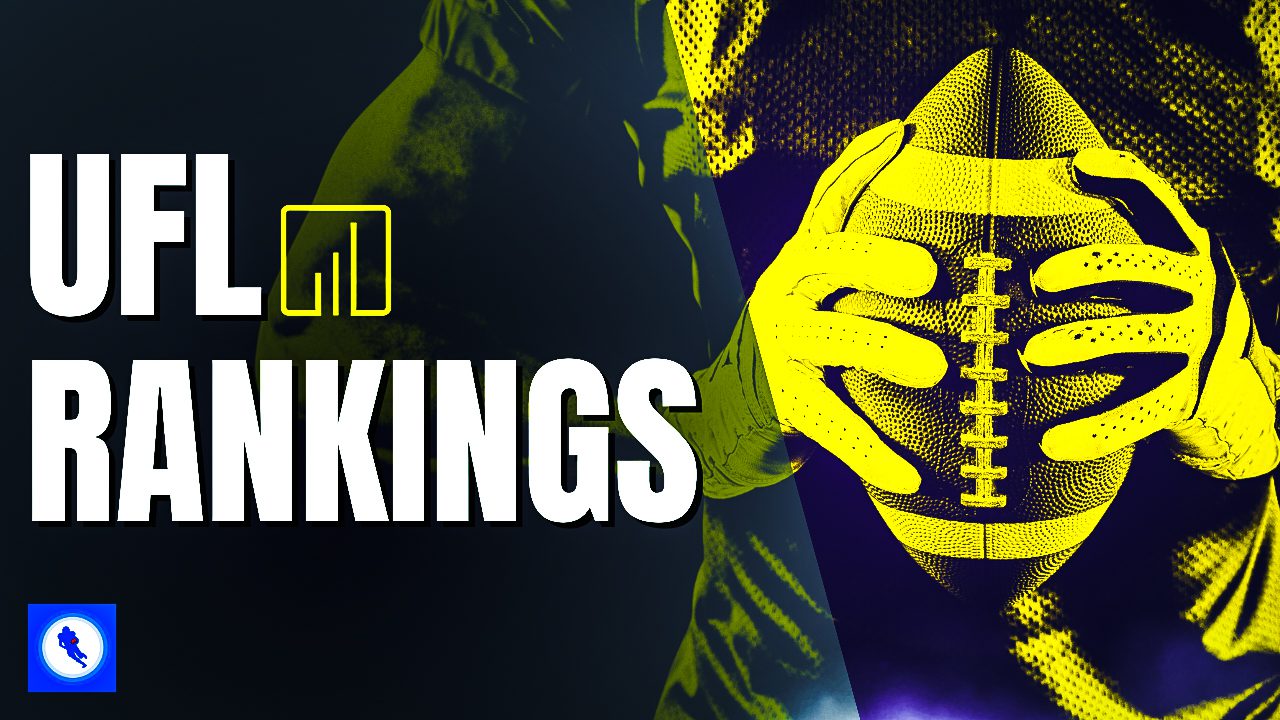Fantasy owners are constantly trying to find something that will give them an edge, and one strategy that has been employed is to intentionally disregard a stat during the draft. The logic is simple enough: If all teams have the same number of auction dollars or draft picks, intentionally disregarding one stat provides an advantage in all of the other stats, as the punting player has more money/picks than his rivals with which to accumulate them. While the motivation is perfectly understandable, it simply does not work for most formats.
Things Happen - Don't Panic
Consider a rotisserie league. Assuming 10 teams (for ease of math, principle holds for any size) and standard 5x5 scoring, a perfect score would be 100 points (10 categories x 10 points per first place finish). No one ever gets close to a perfect score, so a punter may believe that accepting the last place point in one stat will allow him to win the other nine - a total of 91 points and likely a league title. In reality, winning every single other category is still hard.
Maybe your favorite sleeper does not pan out, or a boneheaded MLB manager refuses to play your young stud despite clearly being his best option. Perhaps your ace needs Tommy John surgery, or your outfielder crashes into a wall. A lot can and will happen over a season, and there is no guarantee that a punter can win all of the other categories. Ultimately, the use of the waiver wire decides most leagues, and giving up a category before the year begins merely limits waiver options.
Small Margin of Error
A punter really needs to win all of the other categories for the strategy to work, as the margin for error is razor thin when accepting a last place finish. If Team A punted, Team B could field a well balanced team and take second in all categories for 90 points. If Team B manages to win the stat Team A punted, it is already a tie. If Team A loses a big pitcher or feared slugger, they lose at least a few points - and any chance they had against Team B.
Team A is also limited in what it can do to deny Team B points, as it will not have the option of adding a particular category through trade to pass its closest competitor (if Team A is leading all categories save one). It could try to strengthen another team so that it passes Team B, but propping up the competition would mean sacrificing the edge achieved by punting.
Getting Out-Punted
There is also another possibility. What if Team C decides to roster Carlos Gomez, Billy Hamilton, Dee Gordon, and every minor leaguer that has swiped 70 bags in a season? Such a roster has little chance of actually winning the league, but will win SB in a land slide. If Team A punted anything else, the math no longer works. The same holds true if Team D grabs a SP in each of the first six rounds - Team D won't win, but has a chance to dominate the W, K, ERA, and WHIP categories. Team A has no prayer of winning all four categories against such a team.
Both Team C and Team D have essentially out-punted the punter by concentrating their resources in an even smaller number of categories, securing the edge that Team A thought it procured for itself. The well balanced Team B is in the best scenario here, as their strategy never hinged upon winning now unwinnable categories. They can still score highly in all categories, and win the league. Team A is merely a less extreme Team C or Team D - if neither of them appeal to you, punting like Team A shouldn't either. Punting a stat looks effective on paper, but everything needs to break right for the strategy to work - and it often doesn't.
Does Punting Ever Make Sense?
In a cumulative points league that assigns values to various outcomes rather than ranking categories, the point spread dictates the proper approach to the draft. If a SB is worth two points, a CS -5, and a HR 20, by all means ignore base thieves and load up on power bats. This is not really an example of punting as much as it is knowing the rules of your league and behaving accordingly, and it is extremely likely that all of the other teams will try to do the same. Therefore, it does not lead to any particular advantage other than knowing the rules.
H2H leagues are the ones where punting a stat makes the most sense, but there are risks even here. First, the only categories that can be punted are steals and saves, as all of the others correlate with each other too strongly. For example, punting ERA and maintaining a strong WHIP is nearly impossible, as the pitchers that prevent baserunners can usually prevent runs from scoring as well. When buying an arm, both skills are built into his cost - a punter gains no edge. Likewise, a team of .220 hitters will have a hard time racking up R and RBI because you need to be on base for the former and get a hit (usually) for the latter. A weakness in three categories dooms a team to a second division finish.
Punting steals or saves in such leagues can work if the objective is to win your weekly match up, with no difference between winning 6-4 or 10-0. Small sample sizes can lead to weird results though, as an inferior team can put up better numbers for a week. A punter has one fewer thing to fall back on when this occurs. Many of these leagues also use total points as tie breakers, or pick one of the above to serve as the tie breaking stat. This system mitigates the advantage a punter gets by concentrating resources into a few areas by requiring him to win outright - ties go to the one that did not punt. Once again, the rules should be read carefully before committing to this approach. If two teams that punted saves face each other, the edge will go to whichever can find one save on waivers - if your opponent offers you a free point, why not accept it?
In Summary
This does not mean that all stats need to be considered identically during the draft, as some stats can be harder to come by than others. For example, speed tends to be available on waivers, so it does not need to be focused upon early. Likewise, trying to predict the individual pitching win is a fool's errand - draft skilled SP and let wins work themselves out. This tactic is different from punting in that you still plan to contend in all categories. Passing on Hamilton in Round 4 does not mean your final roster needs to project for single digit bags as a unit. You will expect your skilled arms to get wins during the season. HR hitters tend to find healthy RBI totals. And so on - tilting your team slightly does not prevent at least a middling finish everywhere.
To conclude, punting stats works better mentally than in reality. The resulting margin of error is far too thin in roto leagues, as first place finishes should never be relied upon. H2H formats are susceptible to small sample size shenanigans, lending credence to a spread the risk approach. Finally, punting does not really exist in points leagues. Go elsewhere for your Draft Day edge.
 RADIO
RADIO


























